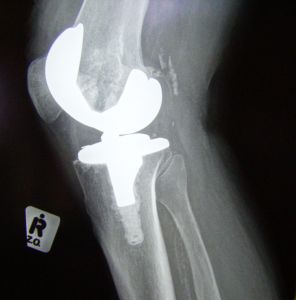Our Boston injury attorneys know a products liability lawsuit may involve multiple defendants who participated in the manufacture, advertising, distribution, and retail sale of the medication.
 Hardin v. PDX, Inc., an opinion from the California Court of Appeals, involved a plaintiff who experienced a complete and permanent loss of eyesight, along with extensive and painful scarring, after taking Lamotrigine. Lamotrigine is the generic version of Lamictal.
Hardin v. PDX, Inc., an opinion from the California Court of Appeals, involved a plaintiff who experienced a complete and permanent loss of eyesight, along with extensive and painful scarring, after taking Lamotrigine. Lamotrigine is the generic version of Lamictal.
The plaintiff alleged that Lamotrigine has been shown to cause Steven-Johnsons Syndrome (SJS) and associated toxic epidermal necrolysis. She further alleged that these conditions were responsible for her injuries.
The plaintiff filed a negligence claim under a theory of products liability against the drug company, the doctor who prescribed the medication, and the retail pharmacy where she filled her prescription. She also sued the publisher that made the drug information insert for patients to read when they get their medicine. This information consists of warnings about the drug in the form of what is called a drug monograph. These monographs are not required by the FDA but are required as part of a self-regulating action plan, which is required by the federal government.
Continue reading
 Product Liability Lawyer Blog
Product Liability Lawyer Blog











